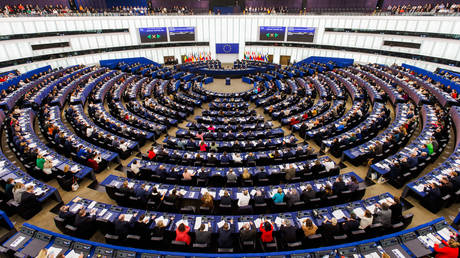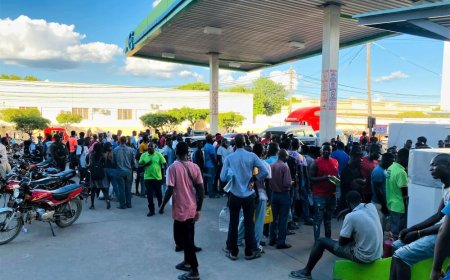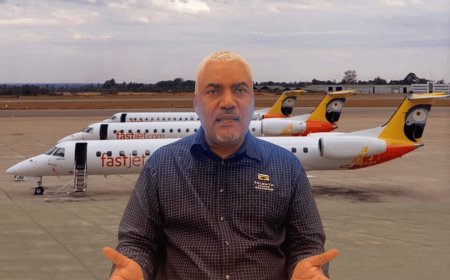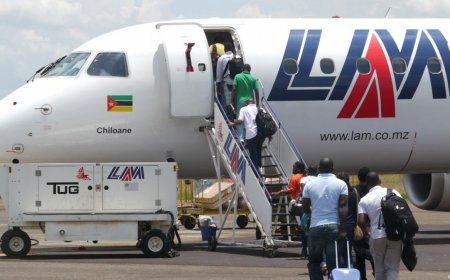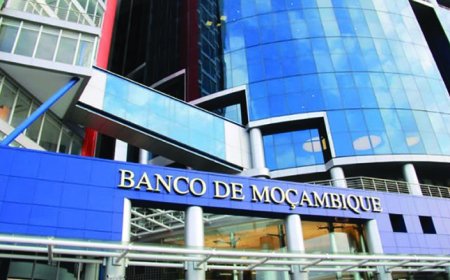Nyusi's farewell to parliament tomorrow: Poverty, terrorism and strikes in focus
Mozambican President Filipe Nyusi will deliver his final annual address to the Assembly of the Republic tomorrow, marking the end of a two-term presidency. This solemn ceremony, which Nyusi has experienced nine times in the past ten years, is stipulated in paragraph b) of article 158 of the Constitution of the Republic.
Nyusi faces parliament at a time when poverty in the country has surged, rising from 65% in 2022 to 87% of the population, according to data from the National Development Strategy (ENDE) 2025-2044. The document reveals that more than half of the population lives in precarious conditions, exacerbated by rising inflation.
Terrorism and humanitarian crisis in Cabo Delgado
The President is under pressure due to the ongoing terrorism crisis in Cabo Delgado. Despite government claims of progress, the reality on the ground tells a different story, with insurgents continuing to terrorize, leading to internal displacements and creating an unprecedented humanitarian crisis.
Controversial government decisions
Nyusi will be called upon to explain several controversial decisions made by his government, including the rollback on the implementation of the new Emolument Table, Ministerial Diploma No. 12/2024, and the reversal of the increase in telecommunications prices, both following intense public outcry.
Strikes and dissatisfaction in public sectors
Nyusi’s government has faced several strikes in the justice, education, and health sectors. In recent years, these sectors have been arenas of significant discontent and protests. The lack of working conditions and low wages have been the main reasons for strikes among magistrates, teachers, and health professionals.
Human rights and repression
Nyusi's governance has also been marked by allegations of human rights violations. In the past two years, several public demonstrations have been violently suppressed, resulting in bloodshed. Victor da Fonseca, a lawyer and human rights defender, criticized Nyusi’s administration for its repression of freedom of expression and the right to protest.
Increasing crime rates
Another significant issue has been the rise in kidnappings, which has made Mozambique fertile ground for organized crime, deterring foreign investment.
Collapse in health and education
In health, the Association of United and Solidarity Health Professionals of Mozambique (APSUSM) harshly criticized Nyusi’s management, pointing to the lack of medical supplies and deteriorating working conditions. Rossana Zunguze, APSUSM’s spokesperson, highlighted that many health professionals feel undervalued and sacrificed by the government.
In education, Teodoro Muidumbe, Secretary-General of the National Organization of Teachers (ONP), reported that teachers have faced various adversities, including a lack of protection and security, especially in areas affected by insurgency in the north.
Expectations for the final address
Mozambicans eagerly await Nyusi’s final address, which is expected to cover the social, political, and economic state of the country. The ceremony will be attended by deputies, government members, representatives of sovereign bodies, diplomats, and other guests.
Opinions on Nyusi’s legacy vary between a governance focused on personal and elite interests and an attempt at stabilization and renewed optimism in the face of internal and external challenges.
In 2021, Nyusi described the country’s situation as one of “self-overcoming and achieving economic stability”; in 2022, as one of “stabilization and renewed optimism”; and in 2023, as creating “solid foundations for competitive, sustainable, and inclusive growth.”
The country awaits to hear how Nyusi plans to leave Mozambique after a decade of leadership, especially at a time when judges plan to start a strike on Friday (09).




